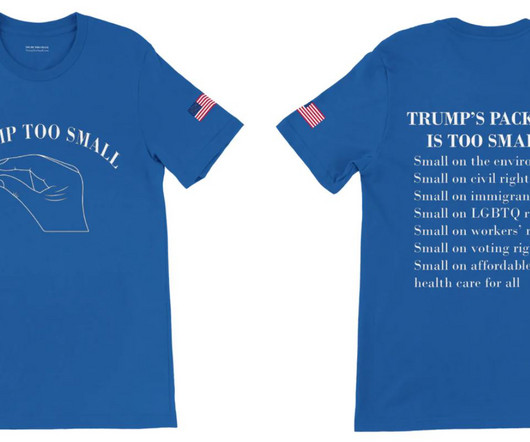SpicyIP Weekly Review (February 6- February 12)
SpicyIP
FEBRUARY 13, 2023
Can “honest concurrent use” be used as a defense against a trademark infringement claim? Lokesh, highlighting its history, argues that honest concurrent use is a principle of trademark law and is not limited to a provision. Thus, there is no question of invasion of privacy or personal information of a third party being sought.











Let's personalize your content